What Are You Reading. . .And Why? (My Version)
I don’t know if it’s the ADHD, or what, but I tend to read multiple books at the same time. Some for professional development, some just for entertainment.
Current reading list:
The Lissome Gay But Mostly Mr Fox: Vernon Moyse
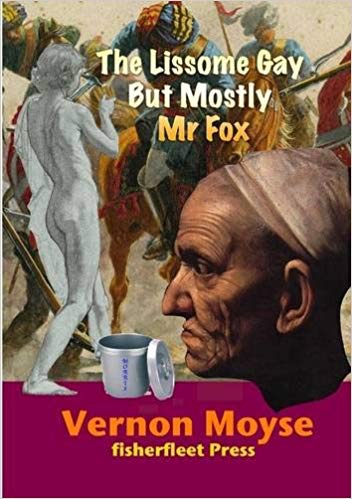
This one was a recommendation by a Facebook friend: Vernon Moyse, the author. I really want to finish this book. But, I have to admit, I’m about 100 pages in and I have no idea what it’s about. I’ll push my way through it eventually. Maybe I’ll like it eventually. I’ll have to understand it first.
Brain Rules: John Medina
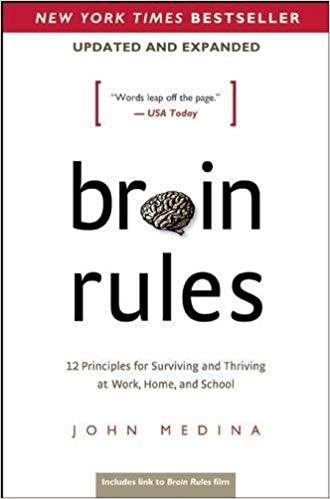
This is another recommendation. This one from my a close friend. I’m about half way through it. It’s interesting, in a clinical, educational way. It’s about how the brain works. How we remember things, and more importantly why we remember things. My friend loved it because he’s in sales. The better he understands how people think, the better he can provide solutions for his customers. I don’t need to know how people think. Sure, it’s somewhat interesting, but I don’t have a practical application. I will definitely finish this one and I’ll enjoy it. I just am not sure how much of it I’ll use.
Crucial Conversations: Patterson, Grenny, McMillan, Switzler
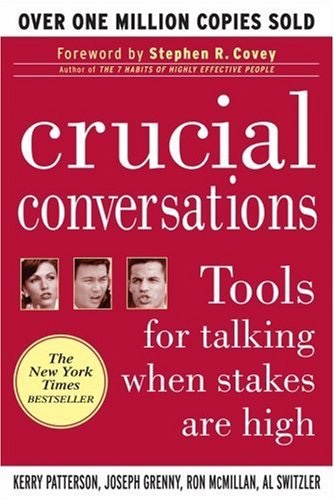
I’m reading this one for the first time. . and the (third? fourth time?) I read the original and loved it. I even have my copy autographed by one of the authors. This copy is the revised edition. So, much of it is similar, but enough is different to make it seem new. Crucial Conversations explains how to talk about hard things. “Tools for talking when stakes are high” is the subtitle. It is one of the greatest business books ever written. It has a place in my top five best business books of all time. VitalSmarts, the company behind Crucial Conversations (and The Power of Habit, and Getting Things Done) provides training based around the content. It’s excellent.
Sahara: Clive Cussler
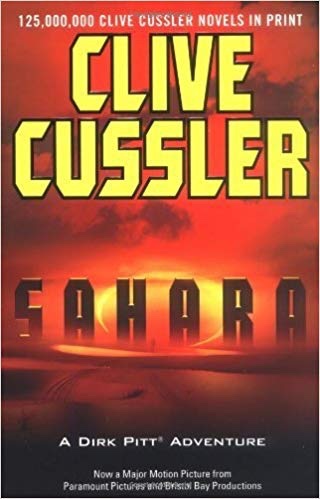
I own a lot of Clive Cussler books. He has a formula and I enjoy it. He writes fiction centered around the oceans. Ironically, Sahara is actually about the ocean. They made it into a movie that I love. Unfortunately, Clive Cussler hated the movie, and any potential franchise died after a single film. But, the book is fun escapism. I know the ending, of course, but honestly, I know the ending of most of his books. Like I said, it’s a formula. I’m a couple hundred pages in and I pick it up when I don’t want to have to think too much.
The Anthology – Part I: Garth Brooks
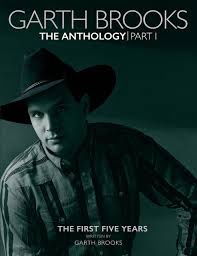
I’m a big Garth Brooks fan. The anthology is a coffee table book. Lots of pictures. But, also lots of text. And it’s written by Garth. It’s fun to learn the background to many of my favorite songs. I’ve also learned that Brooks wrote many of his hits, but avoided putting his name on them.
On The Waiting List
Becoming: Michelle Obama
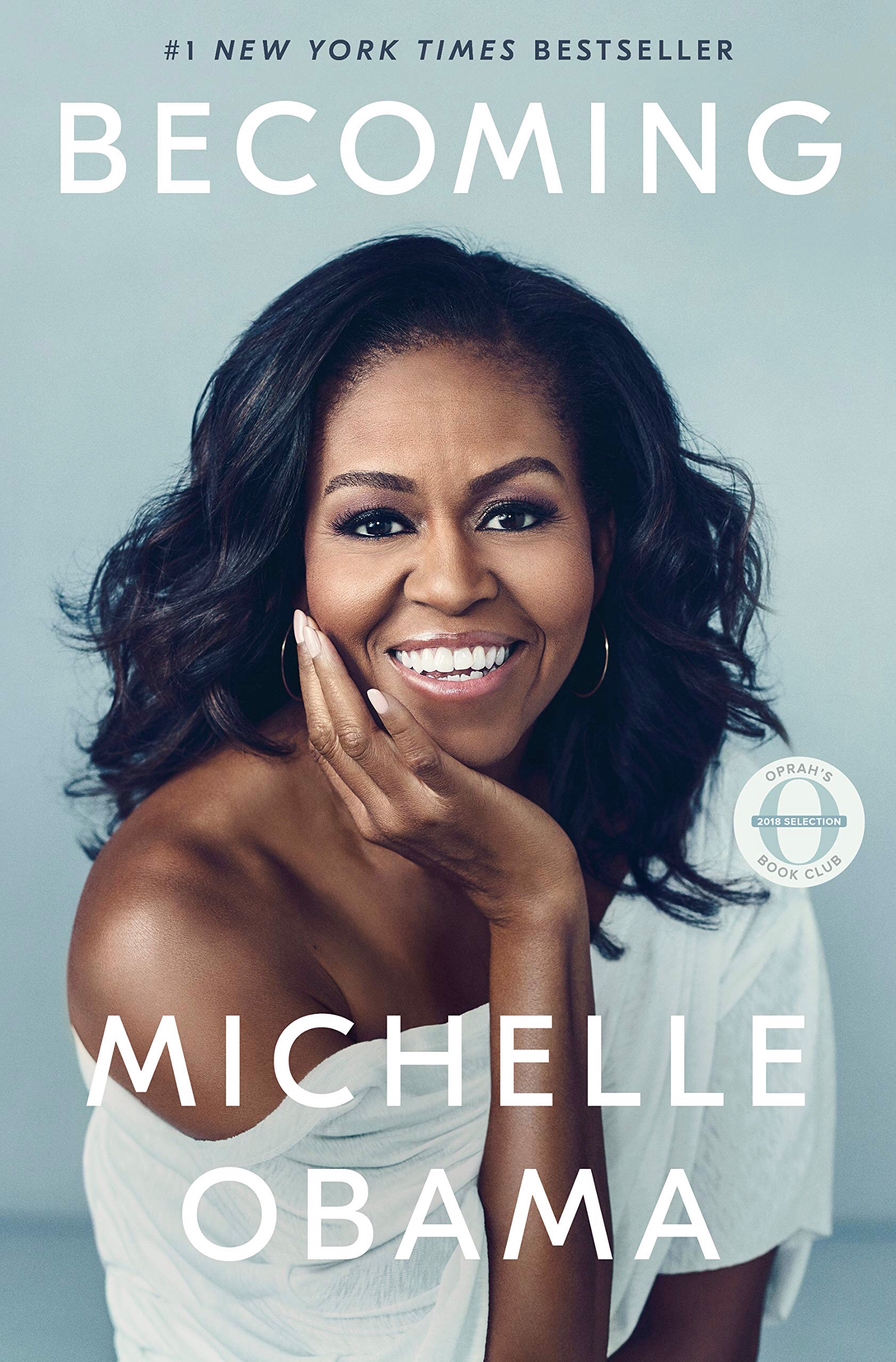
This was a surprise Christmas gift. I had only mentioned in passing that I looked forward to reading it. My daughter bought me a copy. I love biographies. And I’ve always respected Mrs. Obama.
The Power Of Habit: Charles Duhigg
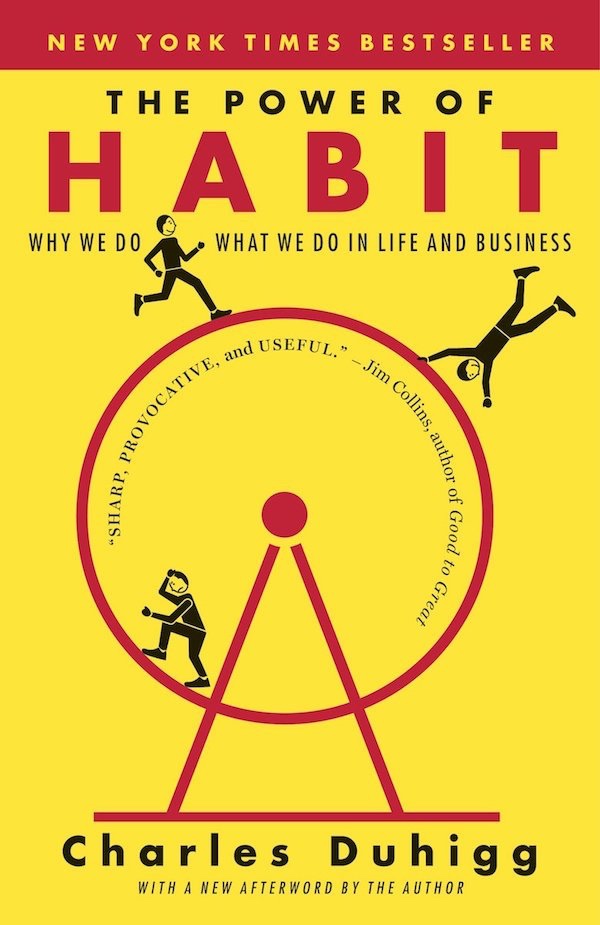
This is another VitalSmarts publication. I’ve enjoyed everything I’ve ever read from VitalSmarts. This one also comes highly recommended. VitalSmarts is developing training on this book. I’m excited to see what they come up with.
Getting Things Done: David Allen
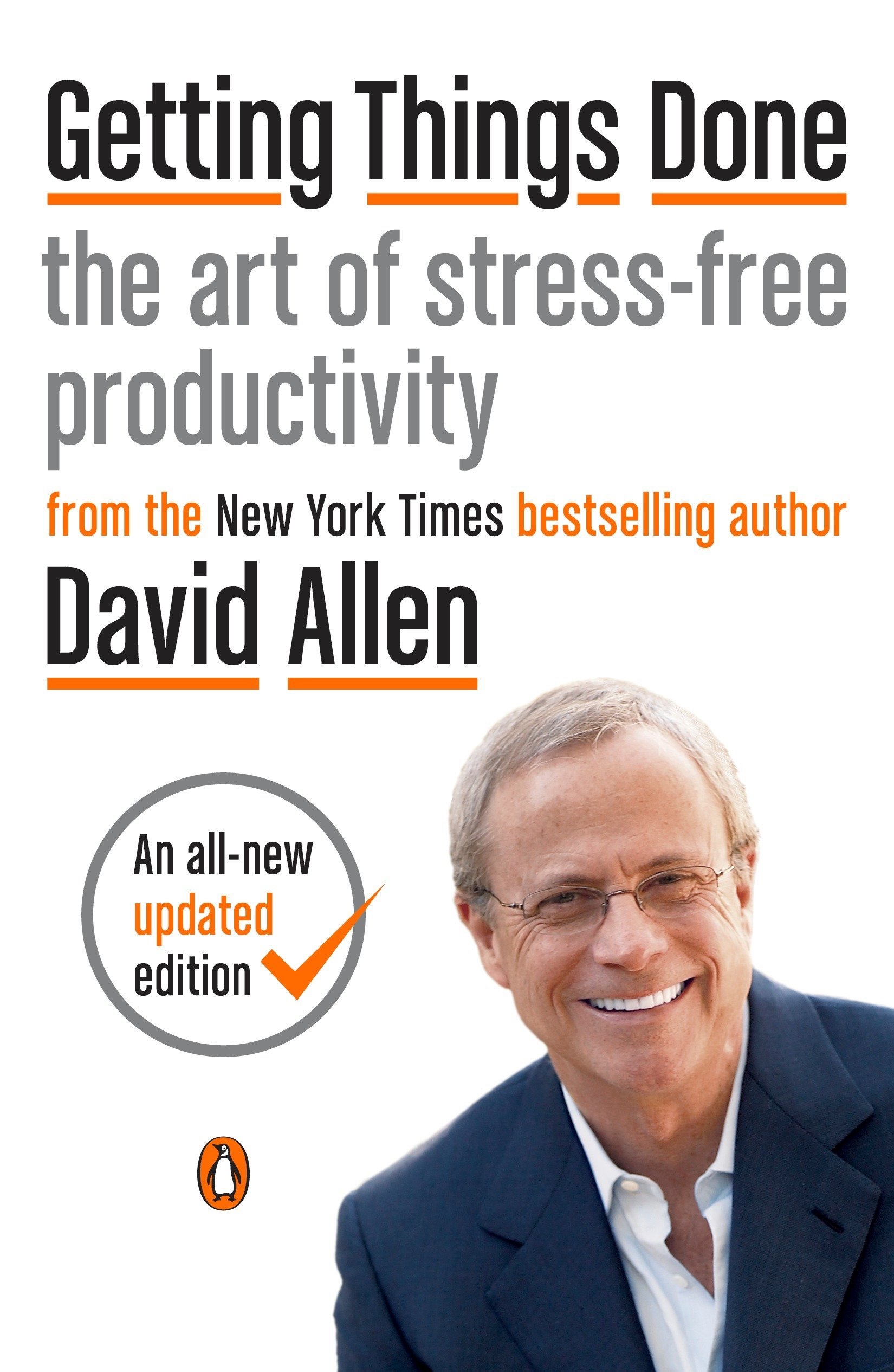
Yet another VitalSmarts title. (Yeah, there’s a theme there.) This one already has training created and is very popular. While I’m interested in the content, I’m hoping to gain new skills too.
The Anthology – Part III: Garth Brooks
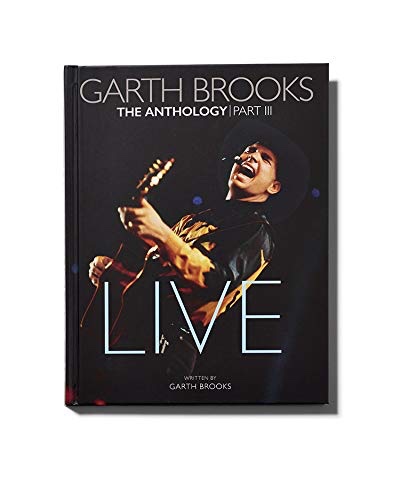
You might have noticed that there’s a missing Part II to this anthology. Yeah, I missed it too. I’m hoping Part III will be as enjoyable as Part I is. And I hope I find Part II at some point.
What are you reading? Let me know in the comments.
Rodney M Bliss is an author, columnist and IT Consultant. His blog updates every weekday. He lives in Pleasant Grove, UT with his lovely wife, thirteen children and grandchildren.
Follow him on
Twitter (@rodneymbliss)
Facebook (www.facebook.com/rbliss)
LinkedIn (www.LinkedIn.com/in/rbliss)
or email him at rbliss at msn dot com(c) 2018 Rodney M Bliss, all rights reserved

Skeptic magazine – always, because even when they make an error they are fighting for truth.
The Silmarillion by JRR Tolkien, a book I re-read every few years. My mother gifted me a copy for Christmas when it was first released. Professor Tolkien is one of the literary greats. If you have only seen (or read) Lord of the Rings you’re missing out.
Roberts Rules of Order. Dull but necessary. I am the Rules Chair for the local Democratic party and this is the manual for all organizations. I read when I can and skip around a lot. A constant reeducation on how to run an organization.
Grimm’s Fair Tales
Not your watered down version, direct translation from the original. Many, many more stories than we are familiar with, and many are almost certainly different retellings of the same root story. I have had this copy for several years and pick it up to read a few as time permits. To properly understand my fascination with myth and fairy tales, read J.R.R. Tolkien’s essay ‘On Fair Tales’.
Vultures’ Picnic
Greg Palast
On long-term loan from a friend. A ‘whodunit’ on our political petroleum addiction, would the the closest I can come to. Writing in a detective novel format makes it slow going and annoying – to me. But the information presented is gold.
Picking up again soon:
Interconnections Second Edition
Yes, it’s a bit out of date but Radia Perlman is a fantastic technical writer. She is also one of the deep thinkers who helped flesh out computer networking. Charming, funny with a wit that cuts through difficult to describe issues, Radia lays bare how things work in a no-nonsense way.
Up Next:
The Qur’an
A new translation by M.A.S. Abdel Haley
Having read the Bible (New Testament many times) and a book on Buddhist scripture I thought it was time to get educated. Yes, many atheists consume religious text to better understand our fellows who believe.
I loved everything by Tolkien. I couldn’t make heads or tails of the Silmarillion. It was one of the most confusing books I’ve ever picked up.
Oh, yes, the style is rather different, deliberately intended to give the feeling of tales from long ago. Best approached as a series of short and not-so-short stories that tell the tale of the world before the King returned. The stories are sequential, telling the basics of creation from the beginning on to the rise of Men and the decline of all other speaking peoples. The central thread is the fate of 3 jewels created by the pre-eminent smith and elvin lord Feanor. So yes, necessarily complex with glimpses of further tales and horizons not yet explored.
If you ever pick it back up just take each chapter as it’s own story. Oh, and it might help to sort out the mythology first, sort of a cast of characters. I am well versed in his works and can answer any questions you might have. Once you have the key to his mythology and the relationship between the peoples it should become clearer.
Ha ha. Did you SEE my comment about why I like Clive Cussler?
That’s a lot of work. But, yeah, I always felt like I was reading a language I ALMOST understood. I always chalked it up to the fact that Silmarillion was published by his son, after his death.
Yes, I did, and I’ve heard that complaint before. (grin) I have the same problem digging into the languages; not one of my talents. But Christopher really only selected versions and published – all the writing was his fathers. He published more expansive versions of individual stories from it later, along with various translations and other writings.
What might be more to your taste, and explain things better is a small book of his, ‘The Tolkien Reader’. A few poems, a couple of shortish stories and an essay ‘On Fairy Stories’. The essay is very powerful, attempting to explain our penchant to create stories, even imaginary worlds. What he calls ‘sub-creation’. The stories relate to that as well.
I’ll look for that one.